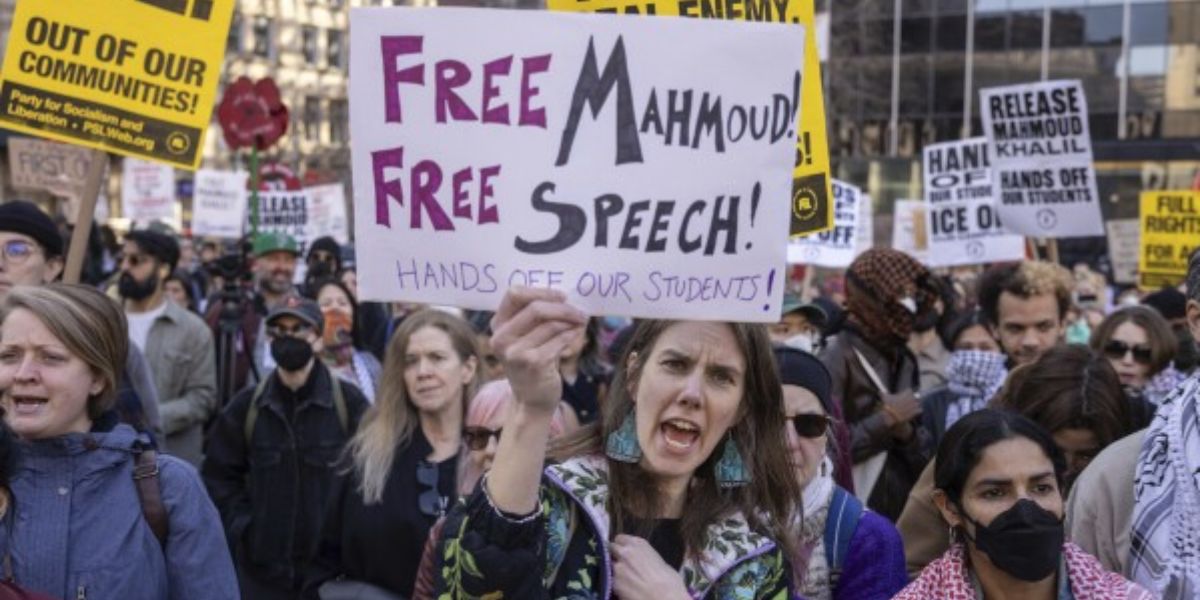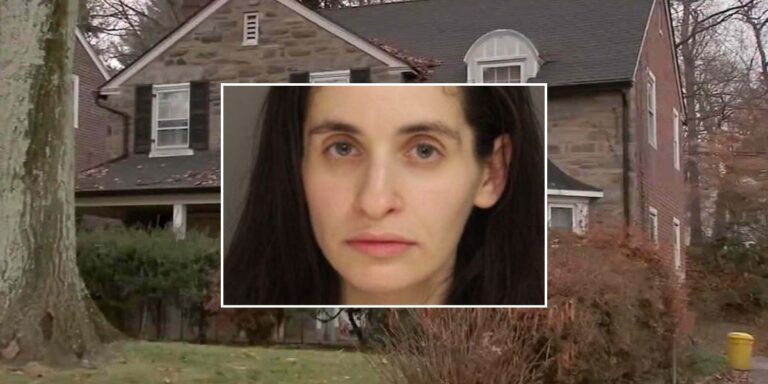Some of those seized have been swiftly sent to distant institutions in Louisiana as U.S. authorities crack down on immigrants at campuses in a fury against pro-Palestinian protests.
Attorneys for Mahmoud Khalil, a graduate student at Columbia University who may be deported for his involvement in demonstrations on campus, are describing his Louisiana detention as a “Kafkaesque” attempt to stifle free expression.
During President Donald Trump’s second term, Louisiana is becoming a focal point for the incarceration of immigrants in facilities located distant from New Orleans and out of the direct reach of the majority of legal aid organizations and rights advocates.
Detention epicenter
During Trump’s first term, the number of immigrants detained in Louisiana increased at facilities modified from municipal jails and state prisons.
A state criminal justice reform at the time had resulted in fewer inmates, endangering the tiny towns’ economies that depend on the lockups.
Contracts for the imprisonment of immigrants were signed by officials in rural parishes, which ensured local governments would receive millions of dollars.
Prolonged imprisonment, abuse, and isolation, including solitary confinement that occasionally led to death, were all grievances raised by immigrants and their advocates.
After Texas, Louisiana is currently the second-highest state for ICE detentions of immigrants.
Government data gathered by Syracuse University’s Transactional Records Access Clearinghouse indicates that approximately 7,000 immigrants are detained there in civil detention.
Transported southward from the northeast
Khalil’s legal battle for his freedom is made more difficult by his move from the New York region to Louisiana.
August Flentje, a lawyer for the Department of Justice, wants the case to be tried in Louisiana “for jurisdictional certainty.”
Arkansas Department of Health to Lay Off Employees Amid Loss of COVID-Era Grants
After hearing jurisdictional arguments on Friday, a judge in Newark, New Jersey, is expected to render a written decision.
Rumeysa Ozturk, a 30-year-old Turkish student, is also being held by immigration officials at a detention facility in Basile, which is roughly 170 miles (270 kilometers) west of New Orleans.
After being arrested by immigration authorities while strolling down a street in the Somerville, Massachusetts, suburb of Boston, on Tuesday, the doctorate student from Tufts University was transferred to Louisiana before a federal judge ordered her to remain in Massachusetts.
Another arrested researcher, Alireza Doroudi, a doctorate student at the University of Alabama, was expected to be sent to an ICE center in Jena, Louisiana, a community of roughly 5,000 people that is also far from major cities, according to his attorneys on Friday.
After being arrested by immigration officials at his flat in the middle of the night, Doroudi, 32, was first detained at the Pickens County Jail in Carrollton, Alabama.
Doroudi’s lawyers claim he never took part in college protests, and he was hauled up because his visa was terminated in 2023. Doroudi is a “significant national security threat,” according to the Department of Homeland Security, though it gave no further details.
Louisiana is home to relatively few immigrants. Compared to the national average of almost 13%, foreign-born residents make up fewer than 5% of the population.
Detention of immigrants is at a five-year high
More funding for immigrant detention beds is necessary to fulfill Trump’s executive orders from his inauguration day and his pledges to deport “millions and millions” of individuals.
As the government tests the use of offshore facilities at Guantanamo Bay Naval Station, Cuba, the number of immigrants in ICE detention this month reached 47,892, the largest since October 2019.
Additionally, authorities are detaining some individuals in federal prisons, a tactic that sparked claims of abuse during President Trum’s first term.
This information has been sourced from apnews.







Leave a Comment